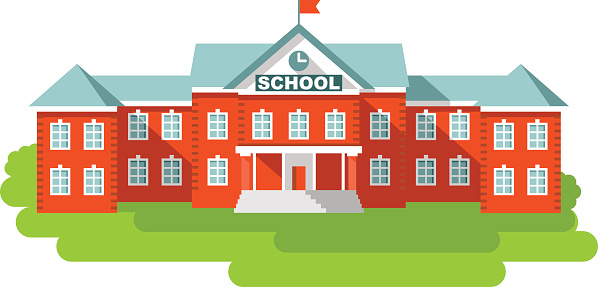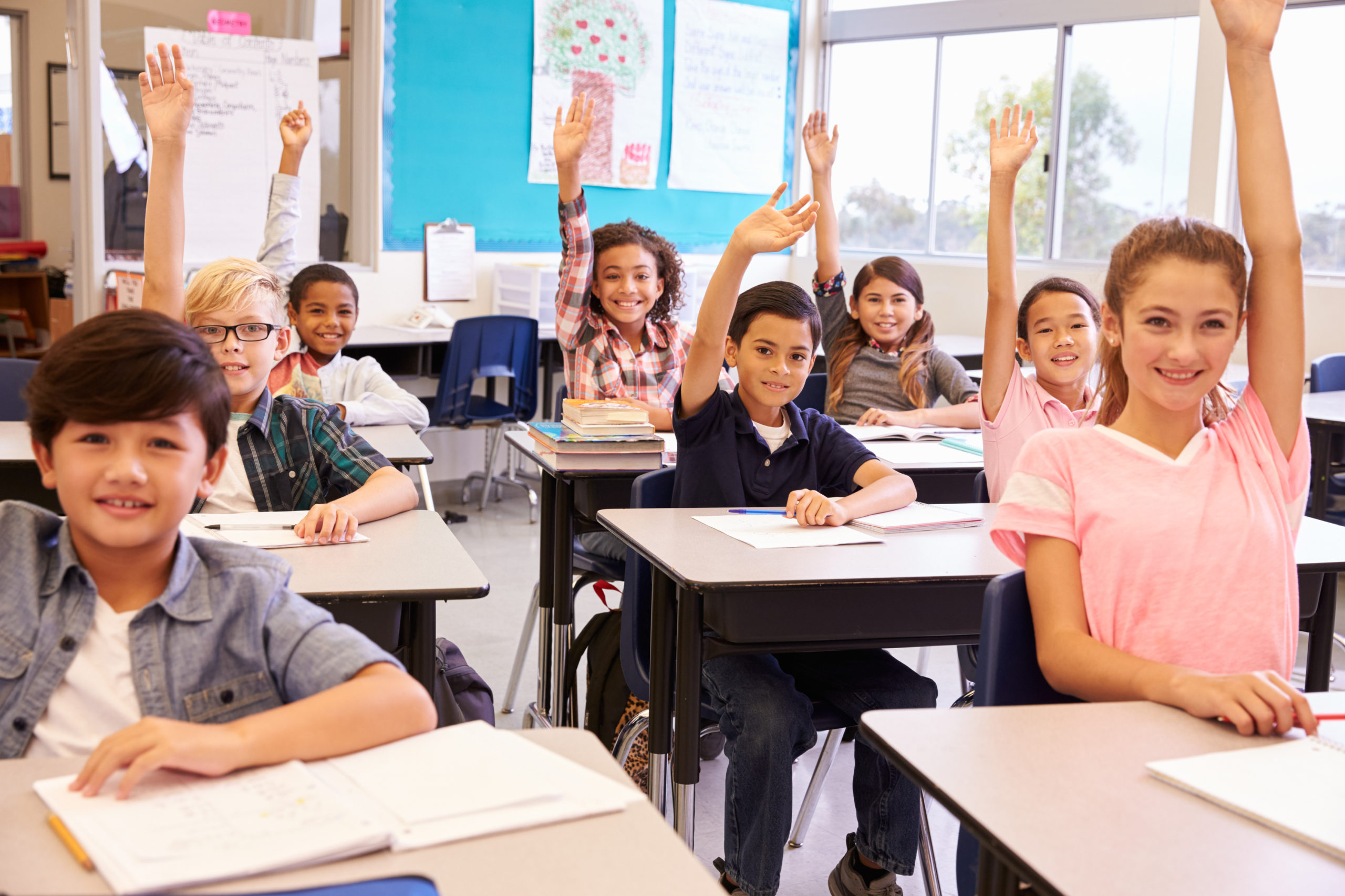Comprehending the Significance of Schools in Kid Development and Neighborhood Development
Schools act as pivotal institutions for child development and neighborhood growth, supplying environments where scholastic success are enhanced by the farming of social skills and direct exposure to varied viewpoints. These instructional setups not only advertise essential thinking and reliable interaction yet also foster empathy through collective tasks. Furthermore, colleges' involvement with neighborhood neighborhoods with service-learning campaigns reinforces the bond between households and educational establishments. This cooperative partnership emphasizes the importance of colleges in supporting energetic citizenship and lifelong learning practices. Nevertheless, what are the particular systems through which these institutions accomplish such profound impacts?
Academic Achievement
Academic success offers as a cornerstone of kid development, supplying the structure whereupon future learning and success are constructed. Colleges play a critical function in fostering this scholastic growth, providing structured environments where children can get essential understanding and cognitive skills. Standardized curricula make certain that pupils gain efficiency in core topics such as maths, scientific research, and language arts, which are essential for both greater education and specialist chances.
Along with giving fundamental scholastic skills, schools additionally cultivate essential thinking, analytic abilities, and intellectual inquisitiveness. These cognitive proficiencies are essential for navigating intricate real-world scenarios and adjusting to the ever-evolving demands of the modern-day work environment. Educators, as facilitators of knowing, use diverse instructional strategies to accommodate diverse knowing designs, thereby making best use of private pupil potential.
Additionally, scholastic success is closely linked to self-worth and inspiration. Kids that experience scholastic accomplishments are extra most likely to establish a positive self-concept and a long-lasting passion for discovering. Institutions likewise use numerous resources, such as collections and modern technology, which even more improve the academic experience and prepare students for a technically innovative culture.
Social Skill Advancement
Beyond scholastic success, the function of schools in social skill development is important. Schools work as a primary venue for children to learn and exercise necessary social abilities such as interaction, participation, and dispute resolution. In the structured atmosphere of a classroom, pupils connect with peers, educators, and various other college staff, offering countless possibilities to create these important capabilities.
Efficient social ability growth in colleges is promoted with group activities, collaborative tasks, and extracurricular programs. These communications help pupils comprehend social norms, construct empathy, and cultivate a feeling of community. As an example, group assignments educate pupils just how to interact in the direction of a common goal, listen to different perspectives, and browse differences constructively.

The growing of social skills throughout academic year lays a structure for future personal and specialist connections. Save Temecula Schools. As pupils mature, the capacity to successfully team up and interact ends up being progressively essential, emphasizing the school's important duty in holistic youngster growth
Direct Exposure to Variety
Exposure to diversity in colleges is fundamental to promoting a comprehensive way of thinking and widening trainees' viewpoints. Schools work as a microcosm of the more comprehensive culture, and coming across diverse cultures, languages, and socioeconomic backgrounds within this environment gears up pupils with essential skills for browsing an increasingly globalized world. This exposure motivates empathy, decreases prejudices, and promotes shared respect among i was reading this peers.
Research study suggests that pupils who communicate with peers from diverse backgrounds display far better problem-solving abilities and creative thinking. This understanding of variety prepares students for future offices that value multicultural capability - Save Temecula Schools.

Neighborhood Engagement
The advantages of varied classrooms prolong past the college walls, fostering a strong sense of neighborhood involvement among trainees. By interacting with peers from various social, socioeconomic, and ethnic histories, pupils obtain a broader perspective and a recognition for variety. This exposure motivates them to come to be energetic citizens who want to add favorably to their neighborhoods.
Institutions that highlight neighborhood engagement commonly incorporate service-learning projects, which permit trainees to deal with real-world troubles while using scholastic abilities. These projects not only boost students' understanding of their coursework however likewise impart a feeling of duty and empathy. In addition, collaborations in between schools and a knockout post neighborhood organizations supply trainees with opportunities to participate in area events, additionally solidifying their role as aggressive neighborhood members.
In addition, adult and neighborhood involvement in colleges reinforces the bond between schools and the areas they serve. When colleges open their doors to neighborhood events, workshops, and volunteer possibilities, they produce a joint atmosphere that profits all stakeholders. This common support system makes certain that pupils obtain holistic advancement, preparing them to become all-round people who contribute and value to their neighborhoods. Via these initiatives, institutions play a crucial role in supporting area involvement and cultivating social growth.
Lifelong Learning Routines
Creating long-lasting discovering habits is essential for a youngster's continual development and adaptability in an ever-changing world. Schools play a crucial duty in instilling these habits by creating an atmosphere that promotes curiosity, crucial thinking, and a love for understanding. With varied curricula and extracurricular activities, instructors urge pupils to discover numerous topics, analyze details seriously, and apply their discovering to real-world scenarios.

Furthermore, schools supply an organized atmosphere where kids can establish self-control and time administration skills, both of which are critical for continuous understanding. By highlighting the importance of explanation establishing objectives, reviewing development, and adjusting strategies, universities prepare trainees to navigate the complexities of adult life, guaranteeing they continue to be lifelong students and contributors to culture.
Verdict
In verdict, colleges are vital in cultivating kid advancement and neighborhood growth by supplying settings favorable to scholastic accomplishment, social skill advancement, and exposure to variety. Eventually, schools grow long-lasting learning behaviors, outfitting individuals with the needed expertise and abilities to contribute favorably to culture.
In the structured environment of a class, pupils interact with peers, instructors, and various other school team, providing many possibilities to establish these important capabilities.
In significance, exposure to diversity within institutions not only improves private trainees but likewise reinforces the social material of the community as a whole.
The advantages of diverse classrooms prolong past the college walls, promoting a strong sense of neighborhood involvement among pupils.Colleges that emphasize area engagement often incorporate service-learning tasks, which allow trainees to resolve real-world problems while applying academic abilities. Partnerships between institutions and neighborhood companies give students with opportunities to get involved in area occasions, further solidifying their role as positive neighborhood members.